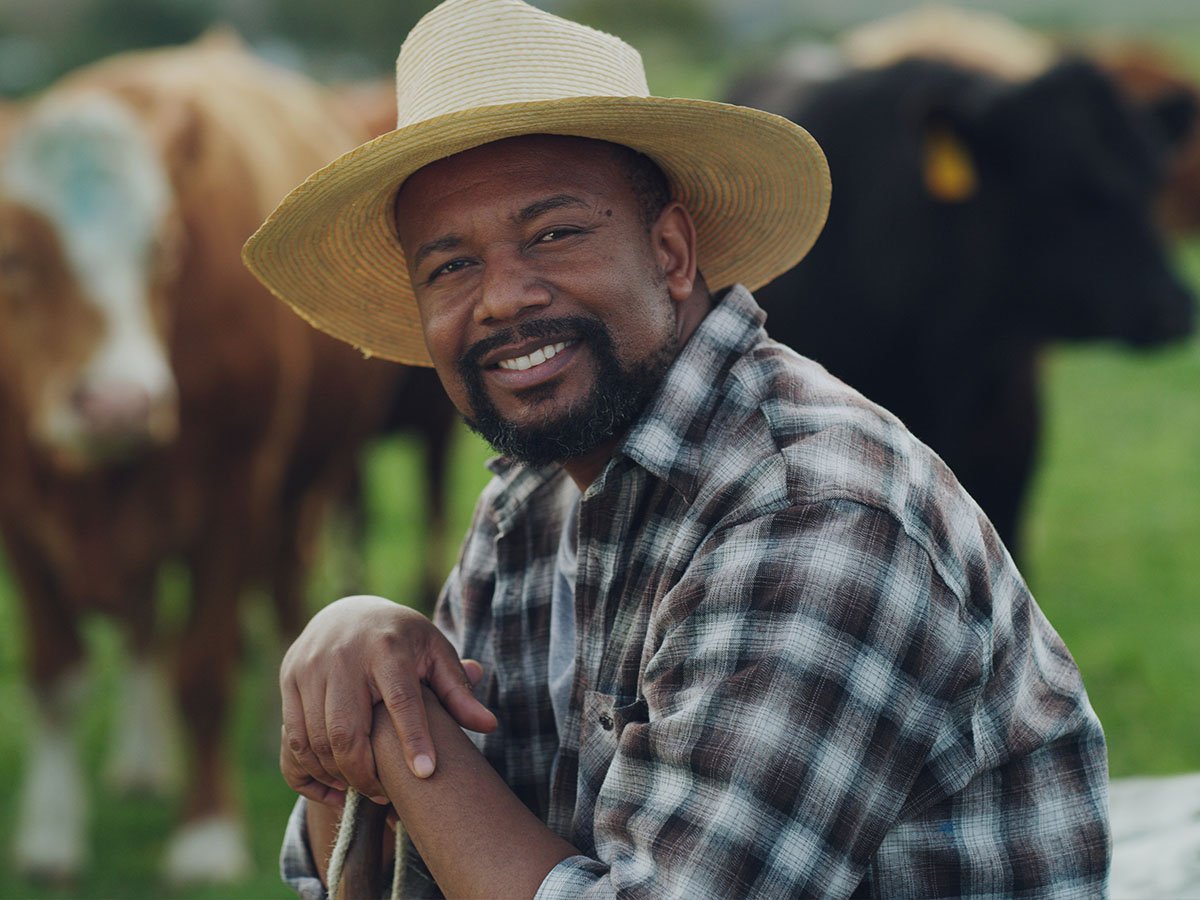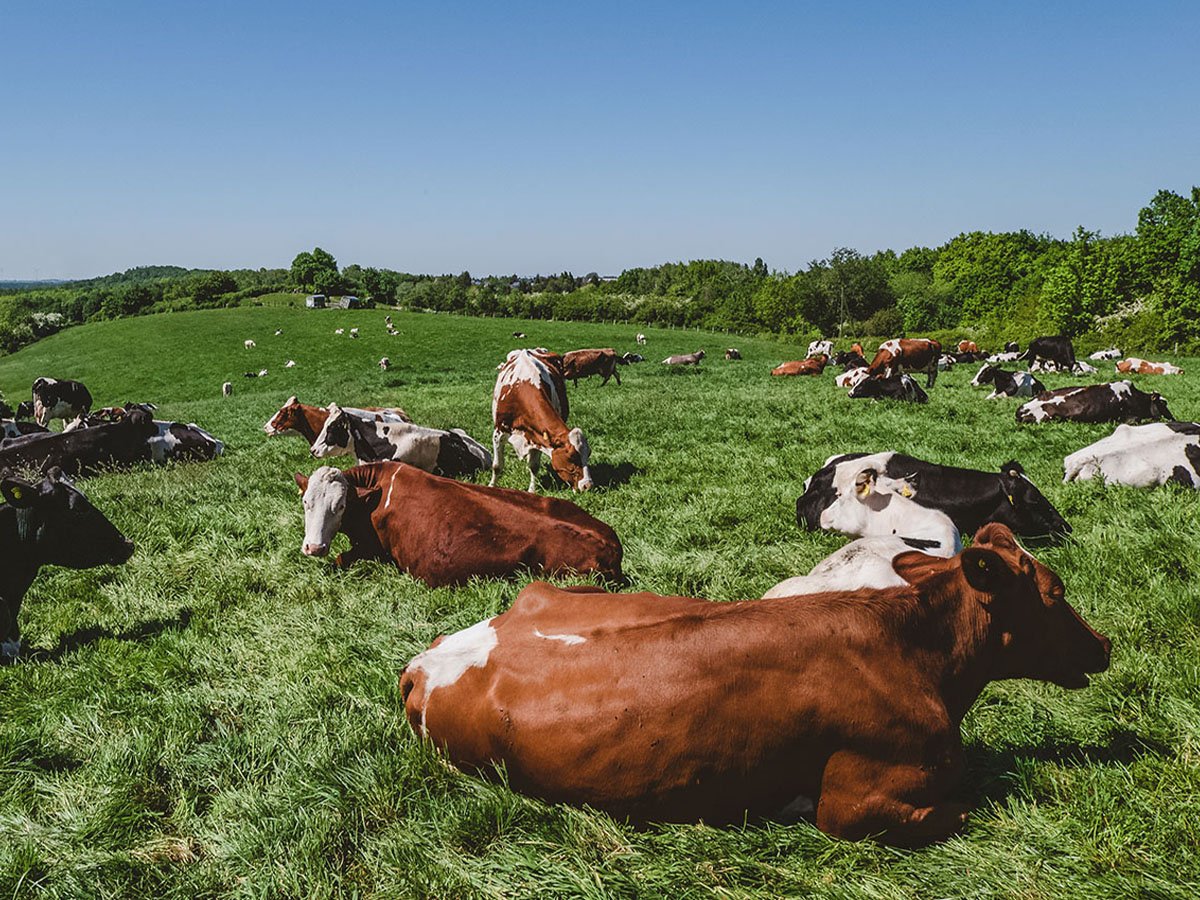In Kenya’s fast-evolving food industry, where freshness and consistency define customer satisfaction, the source of your ingredients matters more than ever. Whether you run a bustling Nairobi restaurant, a five-star hotel, or an emerging bakery, your egg supplier plays a critical role in the quality of your dishes. That’s where Soba Renaissance steps in a trusted name in farm-fresh egg supply that brings quality, reliability, and ethics to every tray delivered.
The Challenge of Sourcing Quality Eggs for Businesses
For many food businesses, finding a dependable egg supplier can feel like walking a tightrope. You need eggs that are always fresh, safe, and consistent in size and quality. But with fluctuating farm standards, middlemen, and inconsistent delivery schedules, many kitchens end up compromising and when that happens, so does the flavor and safety of the food.
That’s why choosing a direct partnership with a trusted producer like Soba Renaissance makes all the difference. We’ve eliminated the guesswork and inconsistency that come with sourcing from multiple vendors, offering Kenya’s hotels, restaurants, and institutions a transparent, farm-to-fork solution for all their egg supply needs.
Why Businesses Trust Soba Renaissance
At Soba Renaissance, we believe that every great dish begins with a great ingredient. Our eggs are sourced from healthy, well-cared-for hens raised under optimal conditions that prioritize animal welfare, hygiene, and nutrition. This approach ensures that every egg we deliver is nutrient-rich, flavorful, and safe a standard that aligns with the high expectations of Kenya’s top culinary establishments.
What sets us apart?
-
Consistency in Quality: Our eggs maintain a uniform size, color, and shell strength perfect for professional kitchens that require precision.
-
Guaranteed Freshness: We deliver eggs directly from our farm, ensuring they reach your shelves at their peak freshness.
-
Ethical Sourcing: We operate on sustainable farming principles, ensuring our production is environmentally responsible and humane.
-
Reliable Delivery: Our logistics system is designed to meet the needs of both large-scale and boutique operations with punctual, professional service.
Farm-to-Fork Integrity You Can Taste
Soba Renaissance isn’t just an egg supplier we’re part of a movement to reshape Kenya’s food supply chain with integrity and transparency. Our farm-to-fork philosophy ensures that businesses know exactly where their eggs come from, how they’re produced, and why they’re superior.
By keeping every step of the production process under one roof, we maintain full control over quality from feed selection and hen care to collection, sorting, and packaging. This ensures that your kitchen receives eggs that not only meet but exceed industry standards.
The Science Behind Soba Renaissance Quality
We don’t leave quality to chance. At Soba Renaissance, we invest in modern poultry management systems, veterinary oversight, and advanced nutrition programs to produce eggs with high protein content, rich yolk color, and a strong shell structure. These scientific practices help ensure that our eggs perform perfectly across a wide range of culinary uses from baking to breakfast buffets.
Perfect for Every Food Business
Whether you’re running a café, bakery, catering company, or institutional kitchen, Soba Renaissance can scale to meet your demands. Our flexible supply programs allow businesses to receive eggs in volumes and schedules that suit their needs, without compromising freshness or quality.
We’ve built partnerships with hotels, restaurants, and schools across Kenya that rely on us for one simple reason we deliver quality they can count on.
Choosing the Right Supplier Means Choosing the Right Partner
Your customers notice when quality slips and so should you. By partnering with Soba Renaissance, you’re choosing a supplier that aligns with your business values: freshness, honesty, and excellence. Our mission is to make every egg on your plate a reflection of superior farming standards and responsible food production.
Make the Switch to Better Eggs Today
When you choose Soba Renaissance, you’re not just buying eggs you’re investing in a sustainable partnership built on trust, consistency, and quality. Our farm-to-fork approach ensures your business always receives the freshest, safest, and most ethically produced eggs in Kenya.
Join the growing list of restaurants, hotels, and institutions that are elevating their menus and standards with Soba Renaissance. Because when it comes to food, quality isn’t a luxury it’s a promise.
Choose Freshness. Choose Quality. Choose Soba Renaissance.




